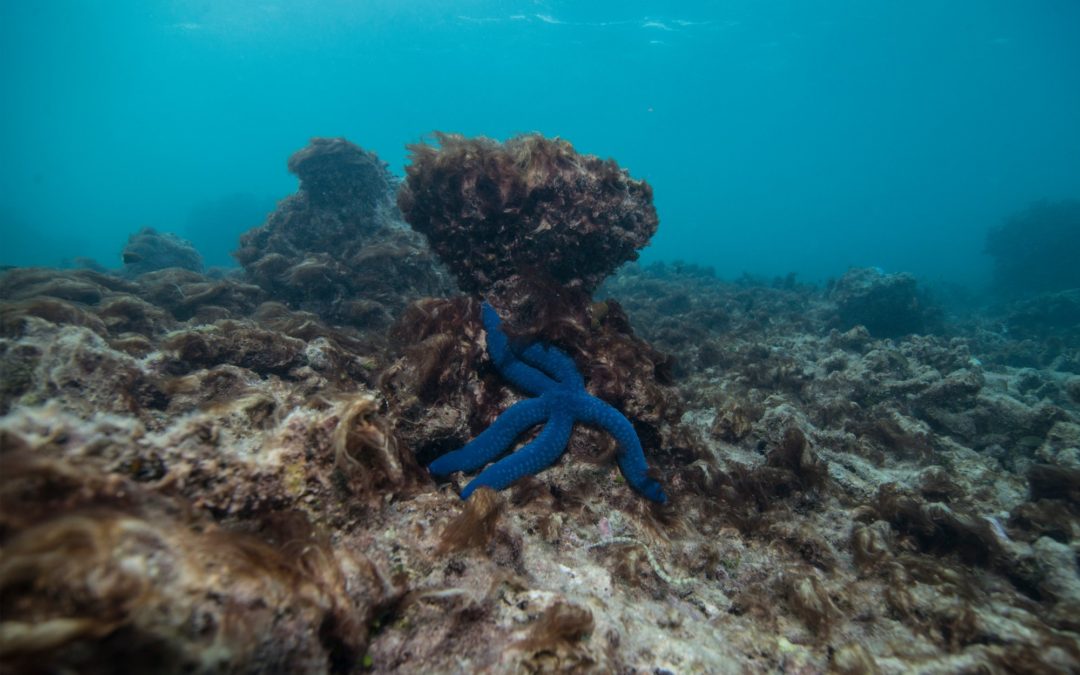SOURCE: Pacific Standard
DATE: March 16, 2017
AUTHOR: Eric Holthaus
SNIP: Scientists speculate that the era of never-ending global coral bleaching may have already arrived, decades early.
In a new study, published Wednesday as the cover story in the journal Nature, Hughes and his colleagues — the paper includes an astounding 45 co-authors — find that 91 percent of the Great Barrier Reef has bleached at least once during three major bleaching events in 1998, 2002, and 2016. The most recent of these events — triggered in part by a strong El Niño — was so severe that there is no similar analog in the thousands of years of ancient coral cores scientists use to study past climates.
The study’s authors further argue that, over the last decade or two, global warming has changed conditions on the Great Barrier Reef so quickly that old conservation methods no longer work.
Earlier this month, the authority that oversees the Great Barrier Reef discovered that it has begun bleaching again — just months after its worst bleaching event on record.
Quick-growing corals in the Great Barrier Reef require 10 to 15 years to fully recover from a mass-bleaching event, and long-lived species may require many decades. That kind of breathing room is “no longer realistic,” according to Hughes and his colleagues, as long as global temperatures keep rising.

